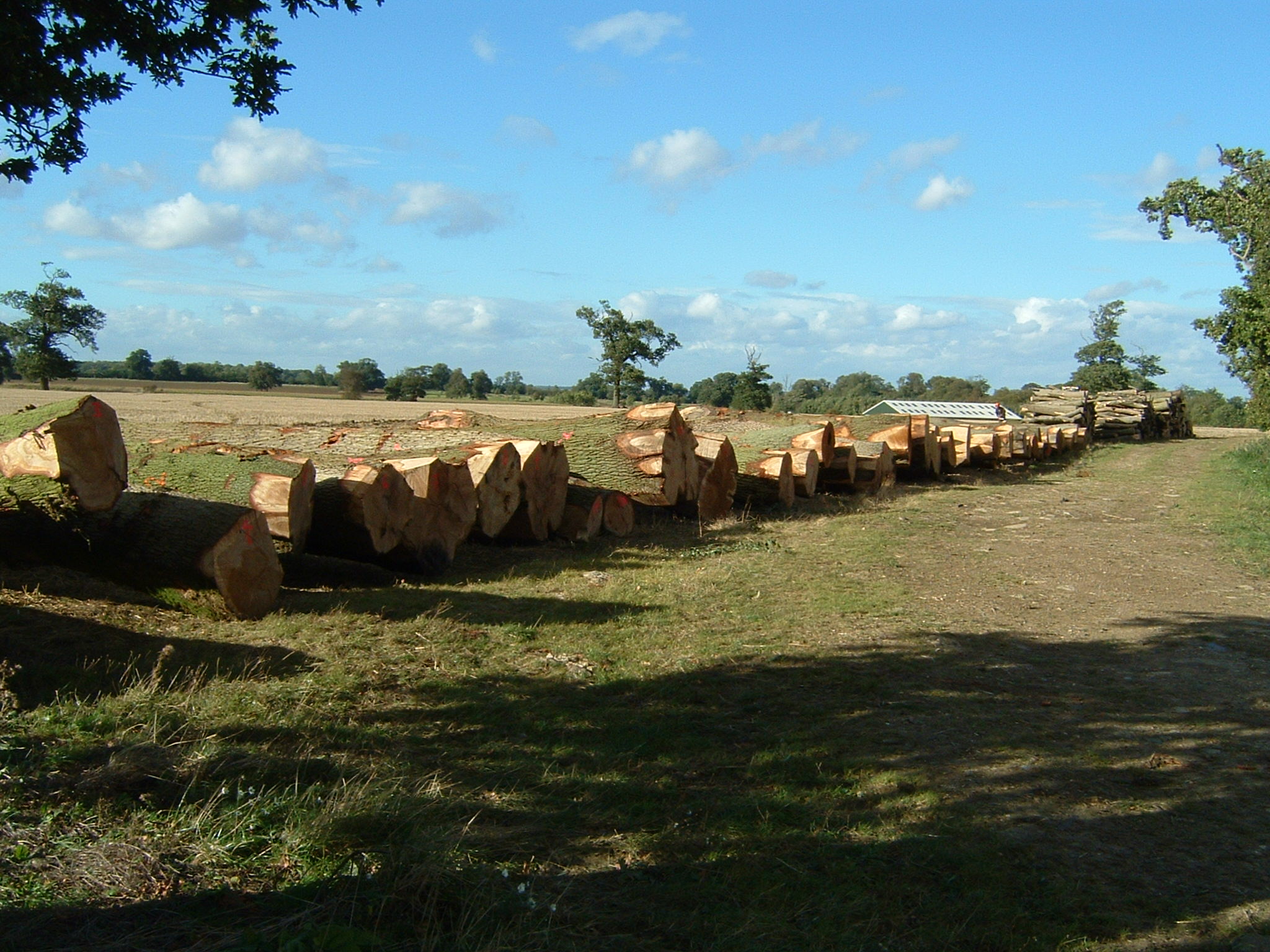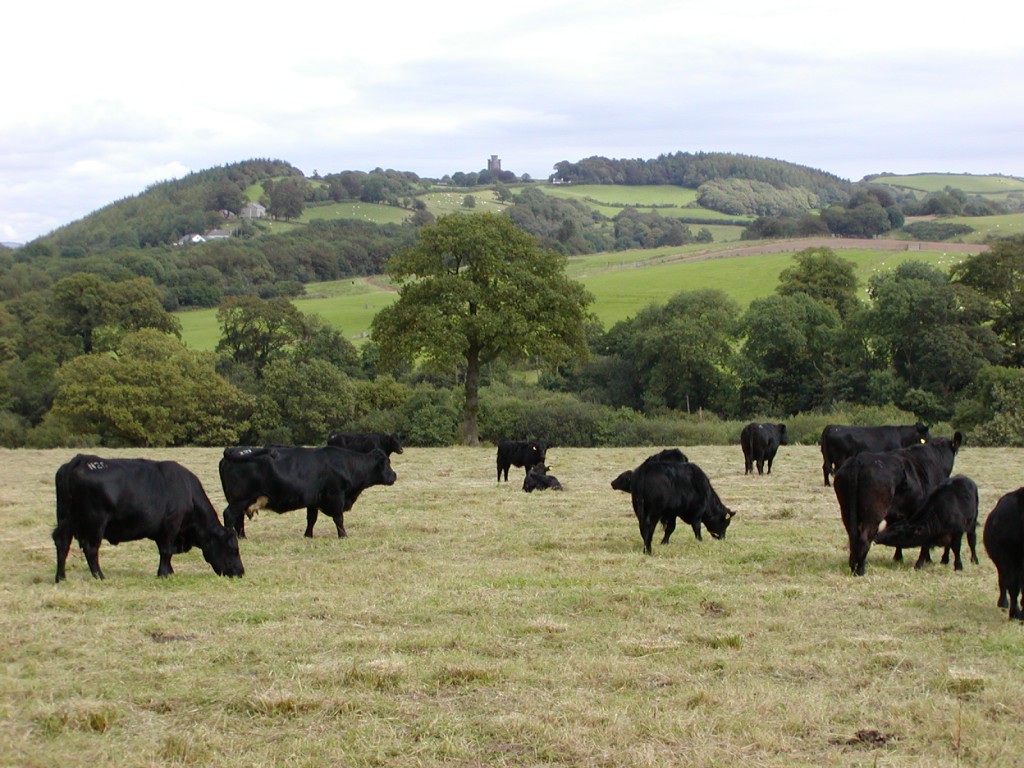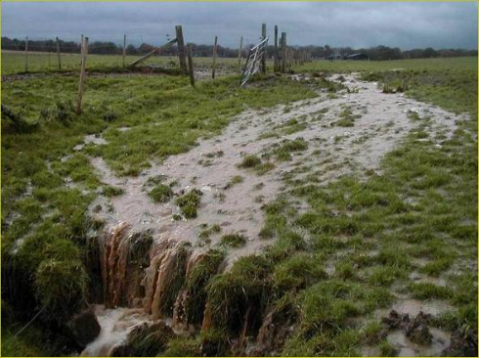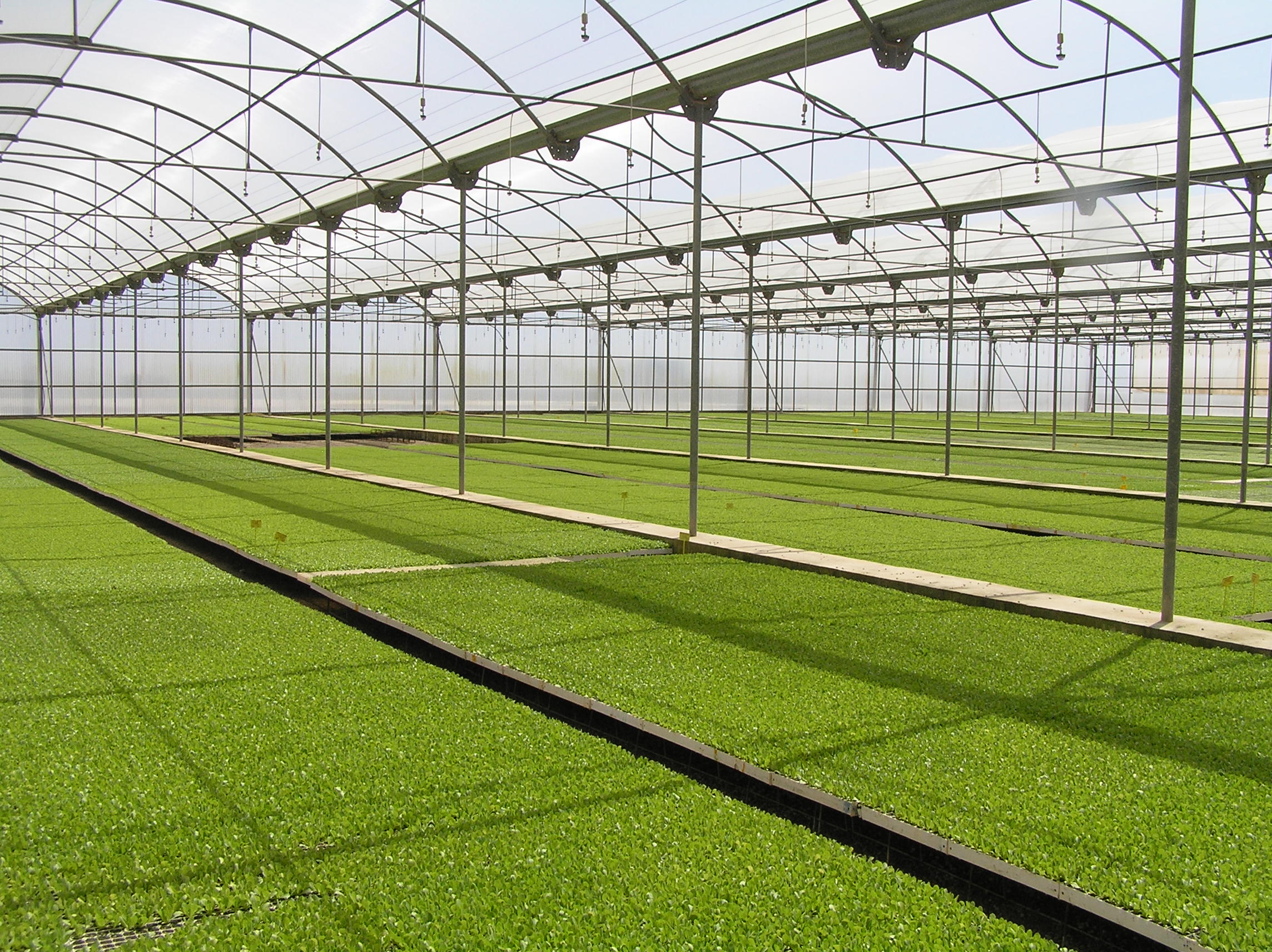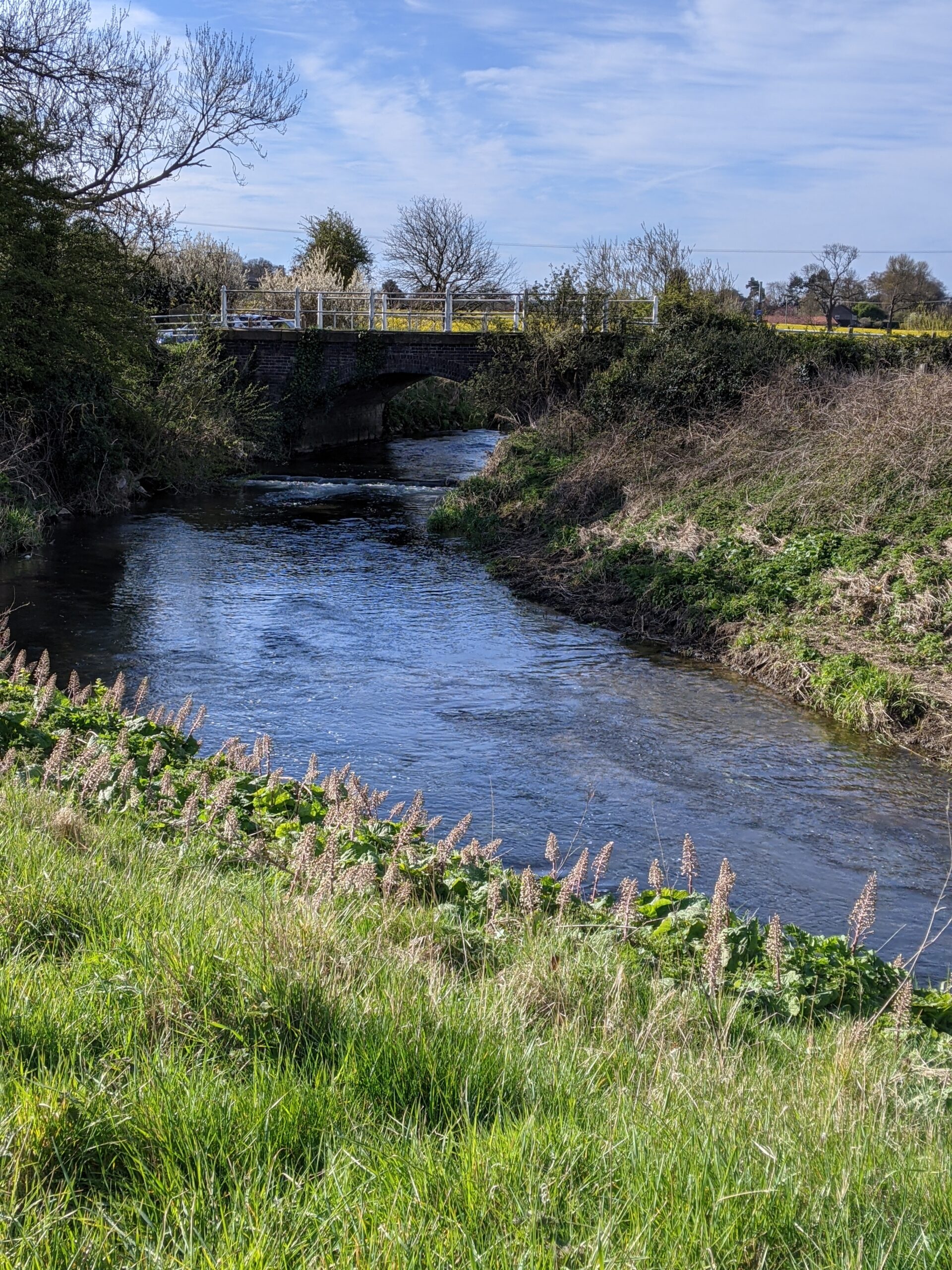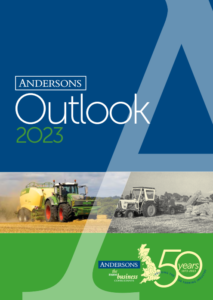More details are emerging of a new scheme which could provide an additional income stream for some farmers. Readers will recall we wrote about the introduction of a Nutrient Mitigation Scheme back in August (see https://abcbooks.co.uk/nutrient-mitigation-scheme/), Natural England has now released further information. Defra and the Department for Levelling Up, Housing and Communities (DLUHC) are investing up to £30 million over the next three years to fund the Natural England-led Nutrient Mitigation Scheme (NMS). Since the announcement in the summer, Defra and Natural England have been working with partners, such as the Wildlife Trusts, in affected catchments to ‘identify and develop’ additional mitigation projects. The first projects are now being negotiated with two partners in the Tees catchment, with feasibility studies underway in a further five catchments. Furthermore as from December, landowners within targeted areas are being approached to invite them to offer their land as sites for nutrient mitigation schemes. These will then be used by Local Planning Authorities (LPAs) and developers to unlock the building of new homes across the country, whilst also contributing to nature recovery via the creation of new wetlands. This framework will eventually be expanded across the country.
The scheme will be fully launched from March 2023 when Natural England will invite applications from developers to purchase certificates or credits. The certificates can then be submitted by the developer to the LPA as part of the Planning process to show that nutrient neutrality planning conditions have been satisfied. Full details of the scheme are not yet available, but developers will be given information on credit availability and price ahead of the first credit sales. Natural England is working with LPAs and other partners to identify opportunity and need in each catchment – it is recognised that the scheme will develop at different rates in different catchments. Natural England will be accrediting the mitigation schemes according to ‘environmentally robust standards’.
It is envisaged that as the scheme is rolled out into each catchment, credits will be offered in batches and any developer requiring credits will be able to apply for them. The scheme will be designed so that banking of credits by developers is not allowed. It will still be possible for developers to source credits from other markets or suppliers, via on-site features or through their own off-site nutrient mitigation plan.
Potentially this could be another income stream for landowners who have suitable areas of land, but crucially there is no indication of how payments will be made to landowners – establishment and maintenance, annual, lump sum or even how much? Also, how long will agreements be for? Similar to many of these ‘new’ income streams, more information is required but it is worth keeping an eye on.
